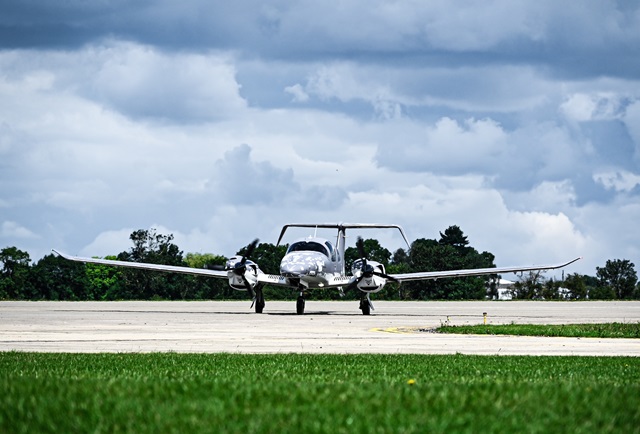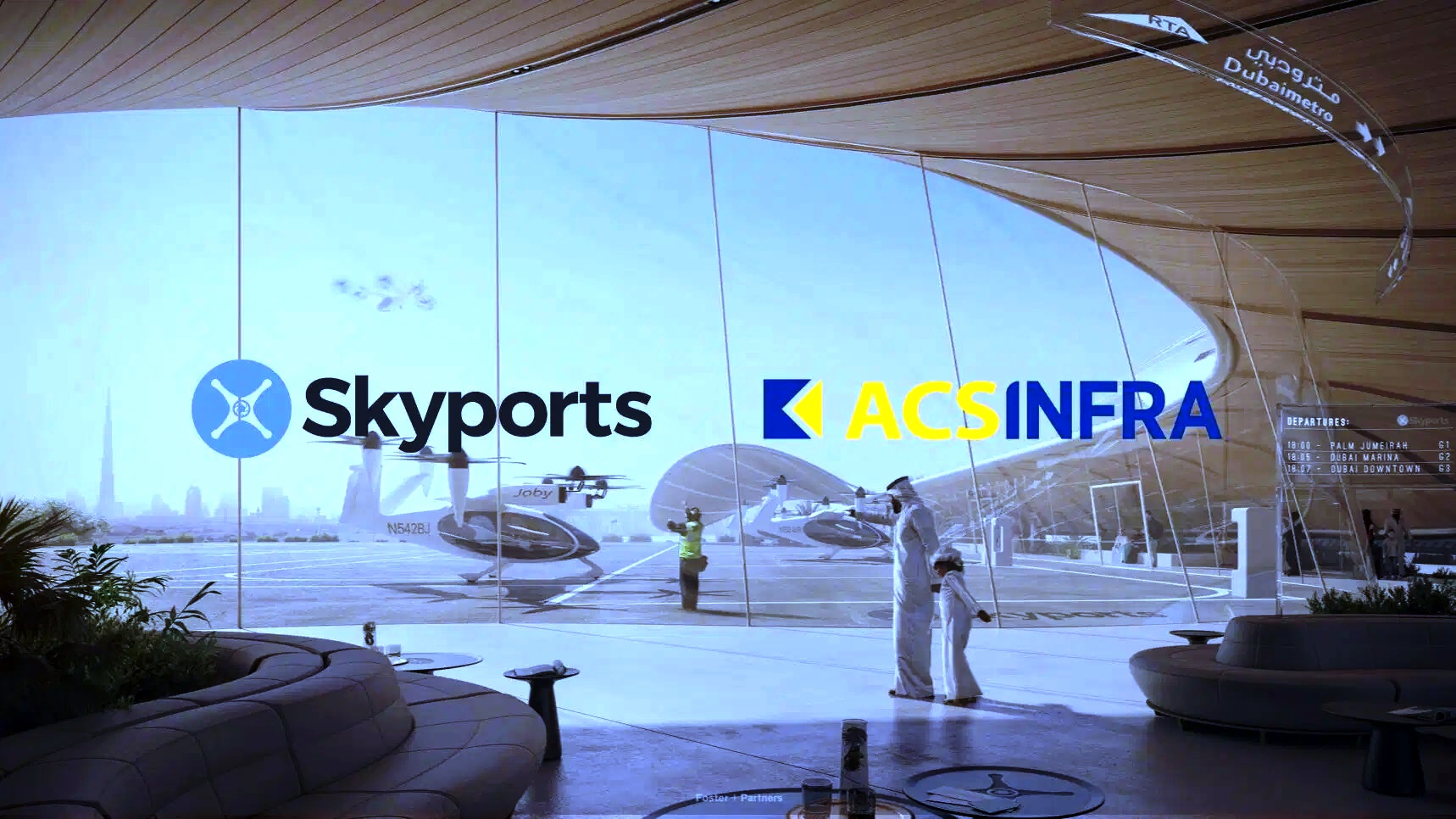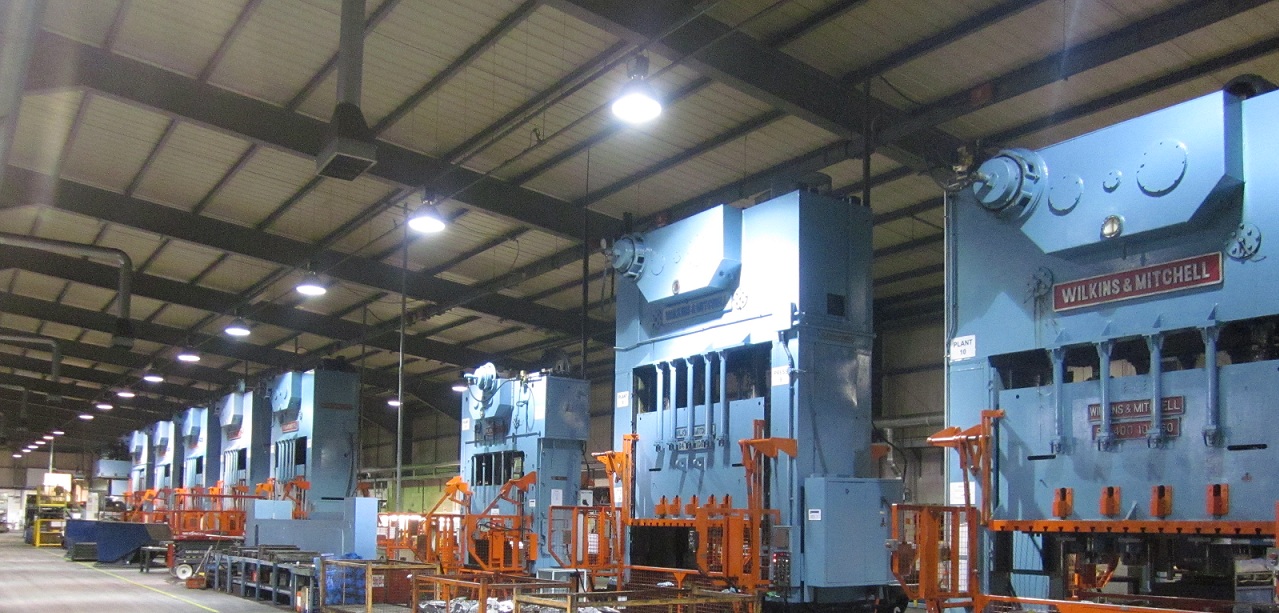Phase one of Gatwick's £1bn investment programme takes-off in North Terminal

Above: Artists impression of new check-in hall.
Construction work started just one year ago on this £36 million project which will see the World’s largest self-service bag drop zone start a phased opening from 20 October, with a two week period of operational testing taking place prior to this date, and a one-month trial coming to an end on November 18. The check-in hall will open in two phases between October 2015 and April 2016 – with a better layout and more space, increasing peak check-in capacity from 3,000 to 4,350 passengers per hour.

Above: CGI of entrance from shuttle to new check-in hall.
This follows successful trials of a self-service bag drop in the South Terminal which proved queuing times can be significantly shortened by allowing passengers to take charge of their own journey through the airport.
Self-service bag drop enables passengers who have checked in on-line to take their bags straight to a machine upon arrival at the airport, where they can print their luggage tag, apply it to their bag and load it straight onto Gatwick’s state-of-the-art baggage sorting system. Gatwick will have 60 check-in points with 48 of these being self-service bag drop units, 28 of these will be open for the October date. This means the check-in process can be completed in less than two minutes.
Gatwick CEO, Stewart Wingate said: “Gatwick has added eight million passengers since we came into private ownership in 2009, and we are about to reach the 40 million mark. This is a decade ahead of industry predictions and we will continue to grow.
“While we wait for a decision on building a new runway, we are investing billions to ensure we can grow from our existing infrastructure but this will only take us so far.
“Gatwick remains the best and most deliverable option for expansion – we can go from the World’s most efficient single runway airport to the World’s most efficient two-runway airport while limiting the impact on the environment.”
Behind the complex operations of a working terminal building, a 24/7 construction site has been underway behind the hoardings. Major projects such as breaking through a completely new staircase linking the ground floor arrivals to the first floor transit shuttle which goes to the train station. The installation of a completely new escalator, an investment of £1 million, and commissioned in the UK, built in China and assembled at Gatwick, have all taken place through the night. Other features include completely new flooring, 400 metres of new baggage belts, new lighting, new electrical and mechanical systems, ceilings, wayfinding, retail stores and IT infrastructure.
All this has been achieved while 150,000 passengers per day pass through Gatwick’s terminal buildings.
Other aspects of the North Terminal development programme will include:
- £30 million to create a world-leading new security area opening in North Terminal in Summer 2016 halving passenger transit times will be halved and giving Gatwick the ability to process 5,000 passengers per hour
- £21 million invested to create a world-class new departure lounge in North Terminal - more space will make room for future growth while more retail and restaurant space will offer more choice
- £10 million is being invested to fully refurbish the North Terminal’s arrival area, and is due to open in time for the peak of Summer 2016
- £10 million to upgrade the North Terminal border zone – more space, new technologies and 15 state-of-the-art new e-gates will help lead to shorter queues for passengers
- £250 million to maintain and replace facilities including lifts, escalators and the technology infrastructure
- £80 million to reconfigure the Pier 5 facility and £185m to construct a state-of-the-art new Pier 1, offering new aircraft stands, gate rooms, new lounge facilities, and storage for 2,600 bags

Above: CGI view of world's largest self-service bag drop zone.
Gatwick also announed that air quality at the airport – already within legal limits - has improved further, according to new report published today
The 'Decade of Change' report tracks Gatwick’s progress on a series of environmental targets and shows that annual nitrogen dioxide levels at Gatwick fell from 32 to 31 micrograms per cubic metre in 2014 - well below the legal limit of 40.
Gatwick CEO, Stewart Wingate, said: “Today’s positive figures are further proof that Gatwick expansion can be delivered lawfully. Gatwick has operated within legal air quality limits for more than a decade and can guarantee that it will continue to meet these legal limits even with a second runway.
“Air quality is more relevant to the expansion debate than it has ever been. Illegal air quality has stopped expansion at Heathrow in the past. Given it is even worse today than ever it is hard to see how expansion could legally go ahead there with millions more car journeys - yet alone all the construction traffic. '
Taking forward an airport expansion scheme that results in air quality limits being exceeded - or their attainment being delayed - would be in breach of EU and UK law.
Gatwick has never breached these legal air quality limits and has guaranteed to maintain this 100% record if it built a second runway.
The Decade of Change report also shows that Gatwick is using less water, electricity and gas, and that more passengers are using public transport to get to the airport. Gatwick’s directly controlled carbon emissions also remained steady last year despite an 8% increase in passenger numbers – keeping the airport on track to achieve its goal of reducing these carbon emissions by 50% by 2020.















